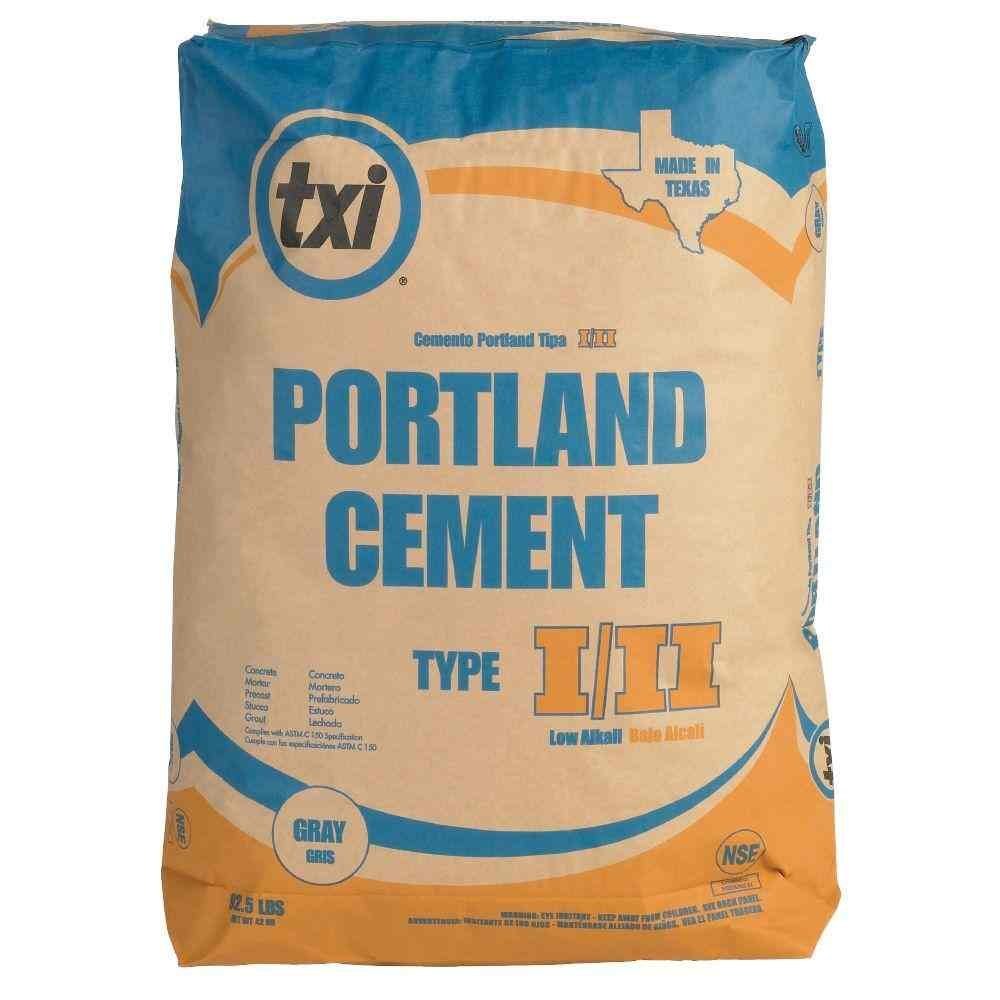The Generic Name: Cement
While a good number of us have heard about the generic term cement – that powdery chemical substance that hardens when it comes into contact with water, the term Portland cement is least used. Uncommon as it may be, Portland cement is the true depiction of cement based on its mark of quality, strength and functionality.

Portland Cement
The Origin of the Name Portland
So why the name Portland? The name traces its origin to the start of 18th century when Joseph Asdipin – a British bricklayer got curious on how he could improve on binding of bricks to one another. His experiments involved a variety of stones that he readily mixed with clay and water without subjecting them to a nominal sense of heating.

Cement-manufacturing Company in the 19th Century
What Did He do Differently?
On his next experiment, he could first heat clay and limestone and allowed them to cool before grinding them and mixing with water which resulted to a super-hardened powder – much stronger compared to the former mixtures he had. He immediately named it Portland cement not because of the locality where he got the limestone from (as commonly thought) but because of the cement’s appearance which served as a reminder of the stone quarries that existed in Portland. It embodied a grey, hardened, and a strong appearance just like the Portland stone and with this, Joseph patented Portland Cement in 1824.
